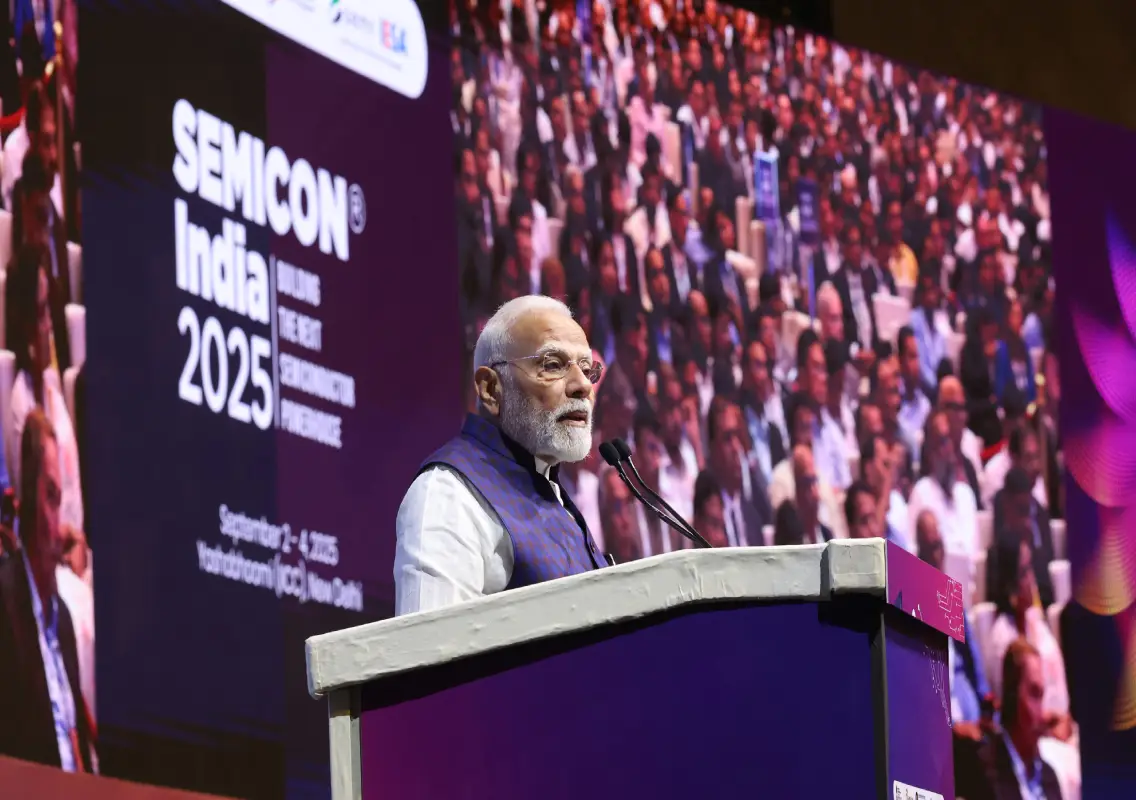By Collins Nnabuife
Copyright tribuneonlineng

The Federal Government has called on innovators, investors, and entrepreneurs to seize opportunities in green technology and digital tools, describing them as the foundation for Nigeria’s future business growth and competitiveness.
Minister of Youth Development, Ayodele Olawande, speaking through his Senior Technical Adviser, Obinna Ebirim, at the third edition of the Technology Ecosystem Dialogue in Abuja, said the digital and energy revolution was opening new frontiers for commerce, jobs, and innovation.
The event, organised by Young Innovators Nigeria (YIN), focused on the theme “Green Tech and Energy Revolution, Transforming Business and Society.”
“The future of Nigeria will be written in digital codes, powered by renewable energy, and driven by the creativity of young people,” Olawande said.
He stressed that technology is now reshaping business models, refining economies, and enabling youths to solve once intractable problems, adding that the dialogue provides a pathway for young entrepreneurs to move from learning to earning, innovating to scaling, and dreaming to doing.
From a business standpoint, stakeholders argued that Nigeria’s green technology push could unlock billions in untapped opportunities. Victor Ogene, Chairman of the House Committee on Renewable Energy, noted that Nigeria currently spends over $22 billion annually on off-grid diesel generation, with more than 60 million small generators in operation.
“These are expensive, polluting, and unsustainable. Yet, with digital-enabled mini-grids and solar systems, we can replace them with solutions that are 30–40 per cent cheaper per kilowatt-hour over their lifecycle,” Ogene said.
He projected that connecting just 25 per cent of Nigeria’s 85 million energy-poor households to renewable systems within five years could create over 200,000 green jobs, expand agro-processing industries, and cut carbon emissions by millions of tons.
Ogene further highlighted the business case for digitalisation, stressing that smart metering, AI-driven load management, and mobile-enabled vending systems can reduce operational losses, improve efficiency, and drive transparency in the power sector.
For example, he said mobile-enabled payment systems can boost collection efficiency above 90 per cent, compared to less than 60 per cent in manual systems.
Similarly, the Director General of the Rural Electrification Agency (REA), Abba Aliyu, represented by Balance Tyoden, emphasised that renewable energy was more than just a power solution—it was a business enabler capable of fueling industries, preserving agricultural produce, and powering innovation hubs across rural and urban centres.
The Director General of the National Information Technology Development Agency (NITDA), Kashifu Abdullahi, represented by Lukman Lamid, described green technology as not a choice but an imperative, urging public and private stakeholders to scale investments that can position Nigeria as a continental leader in clean energy adoption.
Young Innovators Nigeria (YIN) President, Andrew Agbo, said the dialogue was designed to showcase indigenous products and solutions while linking energy to food security. “Affordable, clean energy is directly tied to food production and preservation. That is why young innovators must be at the centre of this transformation,” he said.
READ MORE FROM: NIGERIAN TRIBUNE



